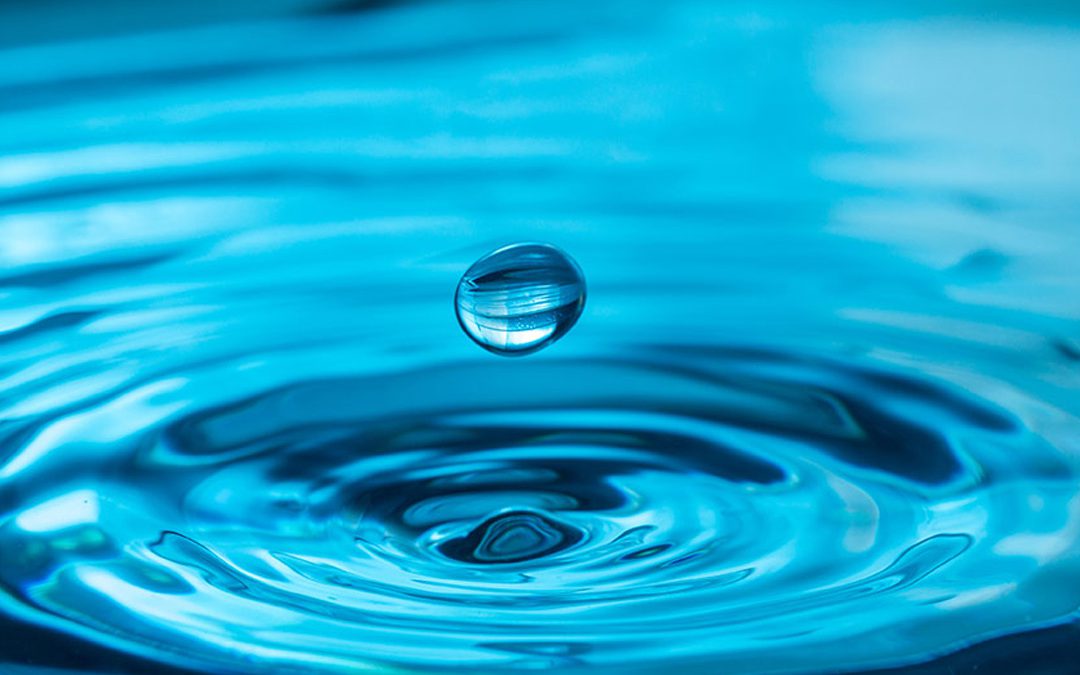Water is a vital resource necessary for the survival of all living beings and the smooth operation of human society. In multi-unit properties, such as apartments, condominiums, and dormitories, water consumption can be a significant issue. With multiple residents living in close proximity, it is important to ensure that water is being used efficiently and sustainably.
One of the ways that technology has helped to address this issue is through the use of water sensors. These sensors can be installed in various locations throughout a property, such as in individual units or in common areas. They are designed to monitor water usage and can provide valuable information about how much water is being consumed and where it is being used.
One of the benefits of water sensors is that they can help to identify and fix leaks. Leaks can be a major source of water waste, and they can be difficult to detect without specialized equipment. By installing water sensors, property managers and maintenance staff can quickly identify the source of a leak and take steps to fix it, potentially saving thousands of gallons of water in the process.
In addition to detecting leaks, water sensors can also help to identify areas of high-water consumption. By analyzing the data collected by the sensors, property managers can identify patterns of water use and identify opportunities to encourage more efficient water usage. For example, if the data shows that residents are using a lot of water in the bathroom, the property management team could consider installing various sensors to help reduce water consumption.
Another way that water sensors can be used to save water in multi-unit properties is by automating irrigation systems. In properties with landscaped areas, it is important to ensure that the plants are being watered appropriately. However, it can be challenging to ensure that the irrigation system is not overwatering or under-watering the plants. By installing water sensors in the soil, property managers can optimize the irrigation system to ensure that the plants are receiving the right amount of water, reducing the risk of water waste.
Water consumption is a critical issue in multi-unit properties, and the use of water sensors has the potential to significantly improve water efficiency and sustainability. By installing water sensors and using the data they provide, property managers can identify and fix leaks, encourage more efficient water usage, and optimize irrigation systems. This can not only help to save water, but it can also help to reduce costs and protect the environment.

